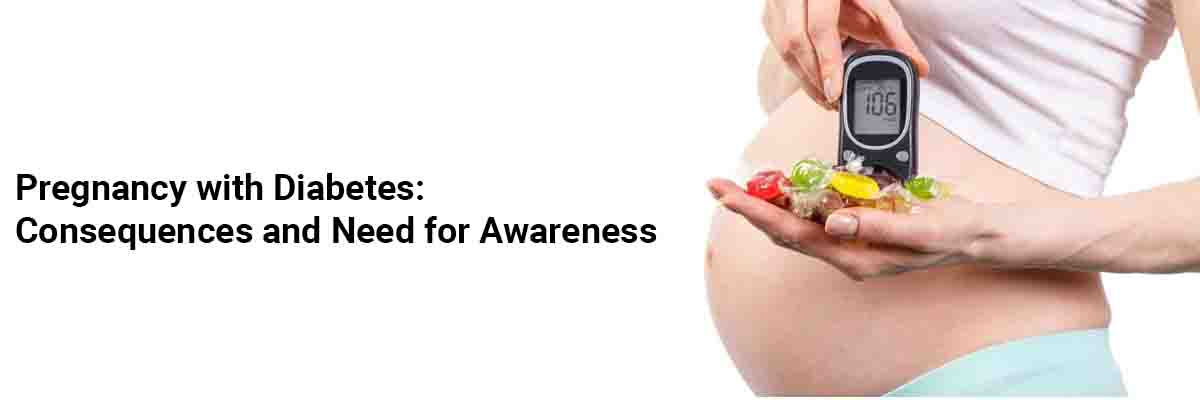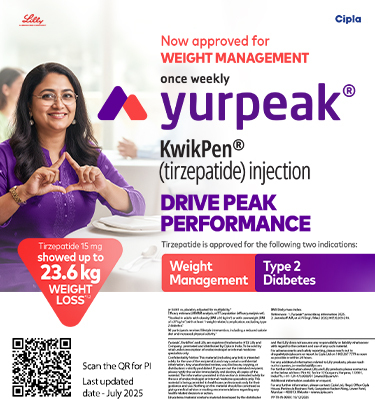
 IJCP Editorial Team
IJCP Editorial Team
Pregnancies following liver transplantation
A report describes a case of a 22-year-old living donor liver transplant(LT) recipient who was enrolled for antenatal care. The patient received successful liver transplantation for end-stage liver disease due to autoimmune hepatitis in 2016 at age twenty. After liver transplantation, she received triple immunosuppression viz Tacrolimus, glucocorticoids, and mycophenolate mofetil (MMF), along with thyroxine replacement for autoimmune hypothyroidism.
With a stable allograft function, she discontinued MMF one year after LT and planned her first pregnancy at 19 months post-transplant. The patient delivered a healthful baby of 3.5 kg at 36 weeks gestation by LSCS. The baby showed a normal neonatal period and developmental milestones.
The patient continued breastfeeding with close monitoring of allograft function and had regular menstruation post-lactation. Her liver function tests (LFT) remained normal. A year later, she had a spontaneous conception with normal obstetric parameters. Her initial blood parameters, including liver function tests, fell within the normal range except for low hemoglobin. She received Tacrolimus with regular monitoring for dose titration.
At 32 weeks of gestation, she experienced significant fatigue. There were no jaundice, fever, or signs of liver failure. However, her liver enzymes ALT, AST, and GGT (5 x UNL) were elevated. Ultrasound examination revealed a mild increase in hepatic echogenicity with patent vasculature, a non-obstructed biliary system, and a viable fetus. The physicians ruled out Viral (Hepatitis A, B, C, E, and HSV) and vasculitic etiology and considered Acute cellular rejection the most likely.
The patient received Tacrolimus and intravenous methylprednisolone. She underwent an emergency cesarean section to prevent further deterioration and delivered a preterm baby weighing 2.9 kg with a good APGAR score. The baby obtained treatment in the NICU for four days. The mother recovered well and had normal LFT on the sixth postoperative day. She received routine antibiotics, analgesics, and thromboprophylaxis.
Palanivelu LM, Patel V. Second successful pregnancy following liver transplantation. Indian Journal of Obstetrics and Gynecology Research 2023;10(1):82–84

IJCP Editorial Team
Comprising seasoned professionals and experts from the medical field, the IJCP editorial team is dedicated to delivering timely and accurate content and thriving to provide attention-grabbing information for the readers. What sets them apart are their diverse expertise, spanning academia, research, and clinical practice, and their dedication to upholding the highest standards of quality and integrity. With a wealth of experience and a commitment to excellence, the IJCP editorial team strives to provide valuable perspectives, the latest trends, and in-depth analyses across various medical domains, all in a way that keeps you interested and engaged.























Please login to comment on this article